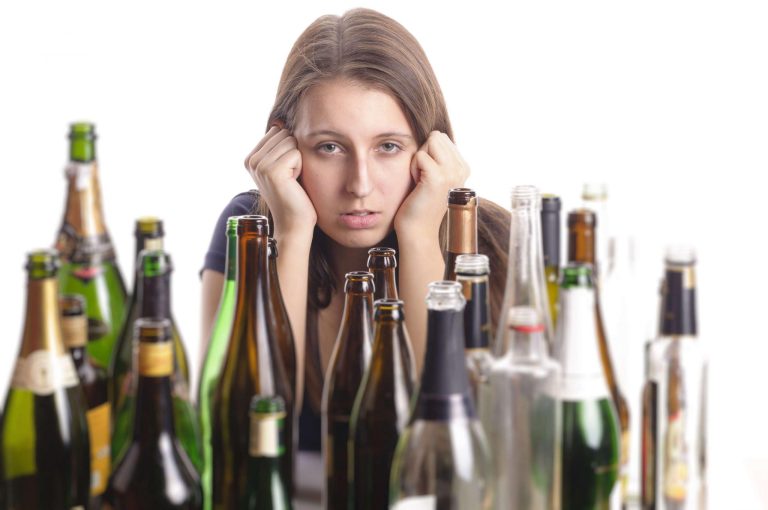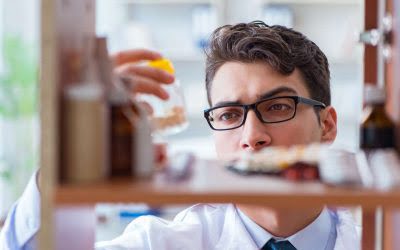A variety of factors may have contributed to increases in drinking including a growing social acceptability of alcohol and loosening of alcohol policies at a state level. Other factors, such as increased stressors due to the pandemic and other issues may have increased drinking behaviors. Alcohol use, especially excessive alcohol consumption, can harm your physical and mental health. From damaging vital organs to impairing brain function and jeopardizing Top 5 Advantages of Staying in a Sober Living House relationships, the negative consequences of excessive alcohol use are far-reaching. Chronic alcohol use raises your risk for health problems, including heart disease, liver disease, cancer, and mental health disorders. Despite the availability of several evidence-based medications and behavioral therapy approaches for treating co-occurring AUD and depressive disorders, improvements in treatment for this population are clearly needed.
Support at home

During therapy, you can learn coping mechanisms that can help you return to life without drinking. However, for the best results, your doctor will likely treat them together. Alcohol use disorder and depression are two conditions that often occur together. What’s more, one can make the other worse in a cycle that’s pervasive and problematic if not addressed and treated.
- In these, you can also find support from others in the same situation.
- Depression is the most prevalent co-occuring mental health condition with 63% of people with AUD experiencing major depressive disorder.
- Gabapentin, while commonly prescribed for various conditions, comes with its own risks.
- Whether for you or a loved one who is struggling with depression and alcohol use, it is extremely important to make a change as soon as possible.
- If you wake up feeling miserable after a night of drinking, you don’t have to wait it out.
Treatment of Co-Occurring AUD and Depressive Disorders
If you are concerned about how alcohol may be impacting your life, the best thing you can do is talk to your doctor. In fact, the likely scenario is that you will eat unhealthy meals because you don’t have the time or energy to invest in smarter choices. Over the course of time, fatigue has a way of driving your mood downward, which can suck because you don’t have the ability to do the things you want to – like grocery shopping, working out and hanging with friends.
- Alcohol may be a form of self-medication for people with depression.
- For one thing, treatment with acamprosate requires patients to take six pills per day.
- Then, try distracting yourself to help take your mind off how you feel.
- Depression and alcohol use are a dangerous combination that is best treated with support from professionals and with support from loved ones.
- And if you start drinking at an early age, your risk of alcohol use disorder is higher.
Can alcohol cause anxiety?

Finally, Schuckit’s research group followed 239 alcoholic men 1 year after they received alcoholism treatment, and the data revealed no significantly increased rates of major depressive or anxiety disorders (Schuckit and Hesselbrock 1994). It is possible, however, that some of these studies might have excluded subjects with more severe anxiety or depressive disorders from the original samples, and consequently more https://parliamentobserver.com/2024/05/27/top-5-advantages-of-staying-in-a-sober-living-house/ work in this area is required (Kushner 1996). As recently reviewed in the literature, some interesting data also support a possible relationship between longstanding anxiety or depressive disorders and alcoholism (Kushner et al. 1990; Kushner 1996). The most consistent results relate to manic episodes, wherein manic-depressive patients show a small but significant increased risk for alcoholism (Winokur et al. 1993).
How alcohol can affect your mood
Factors That Can Worsen Your Depression


